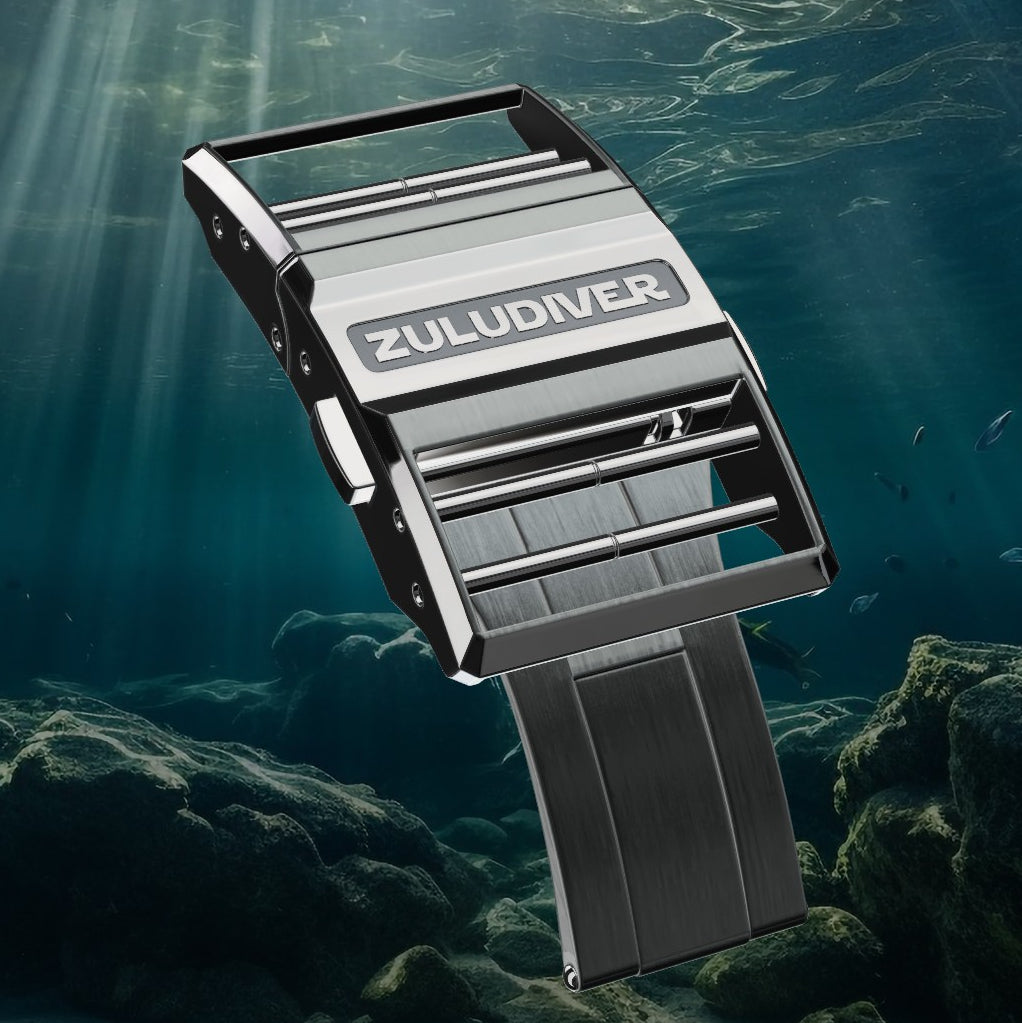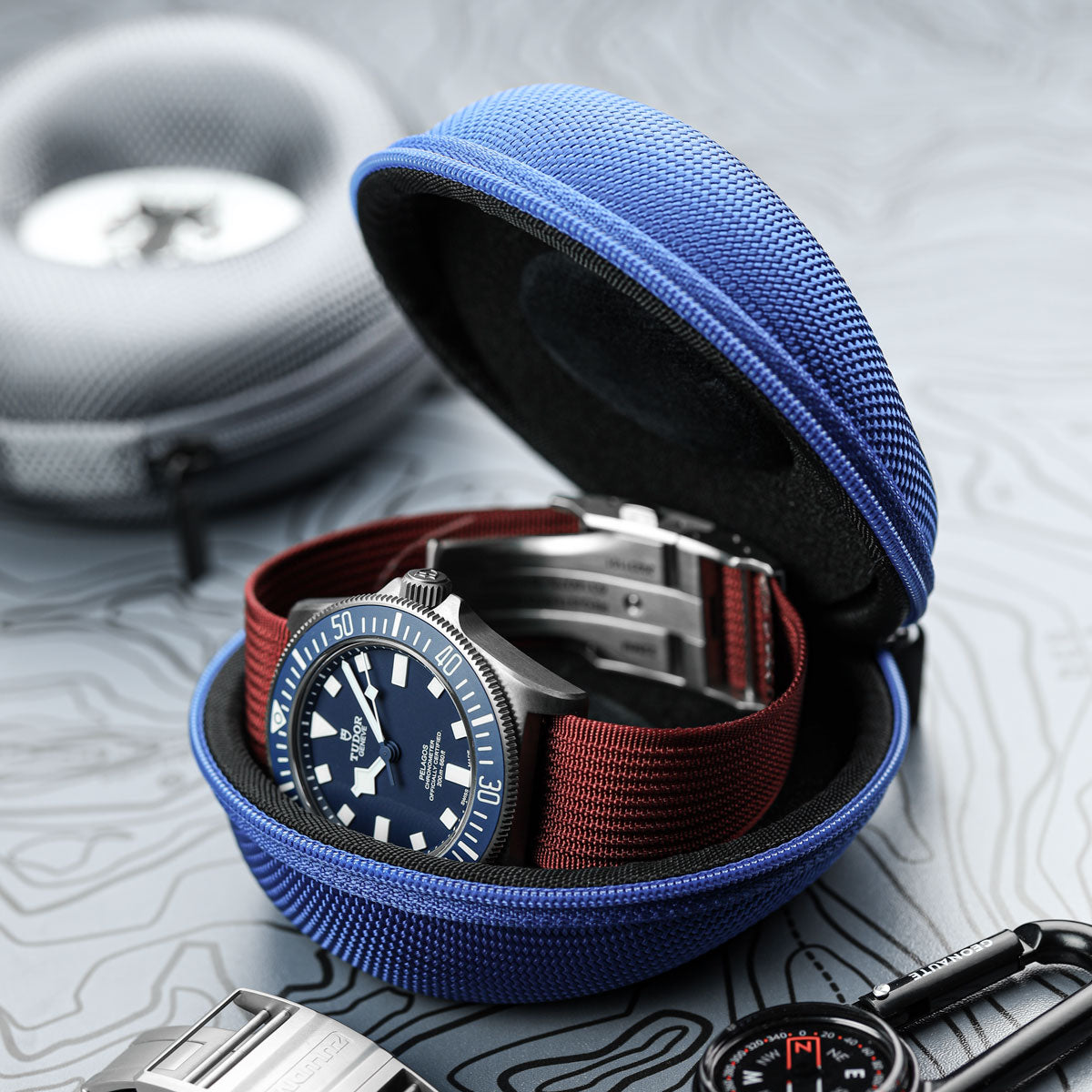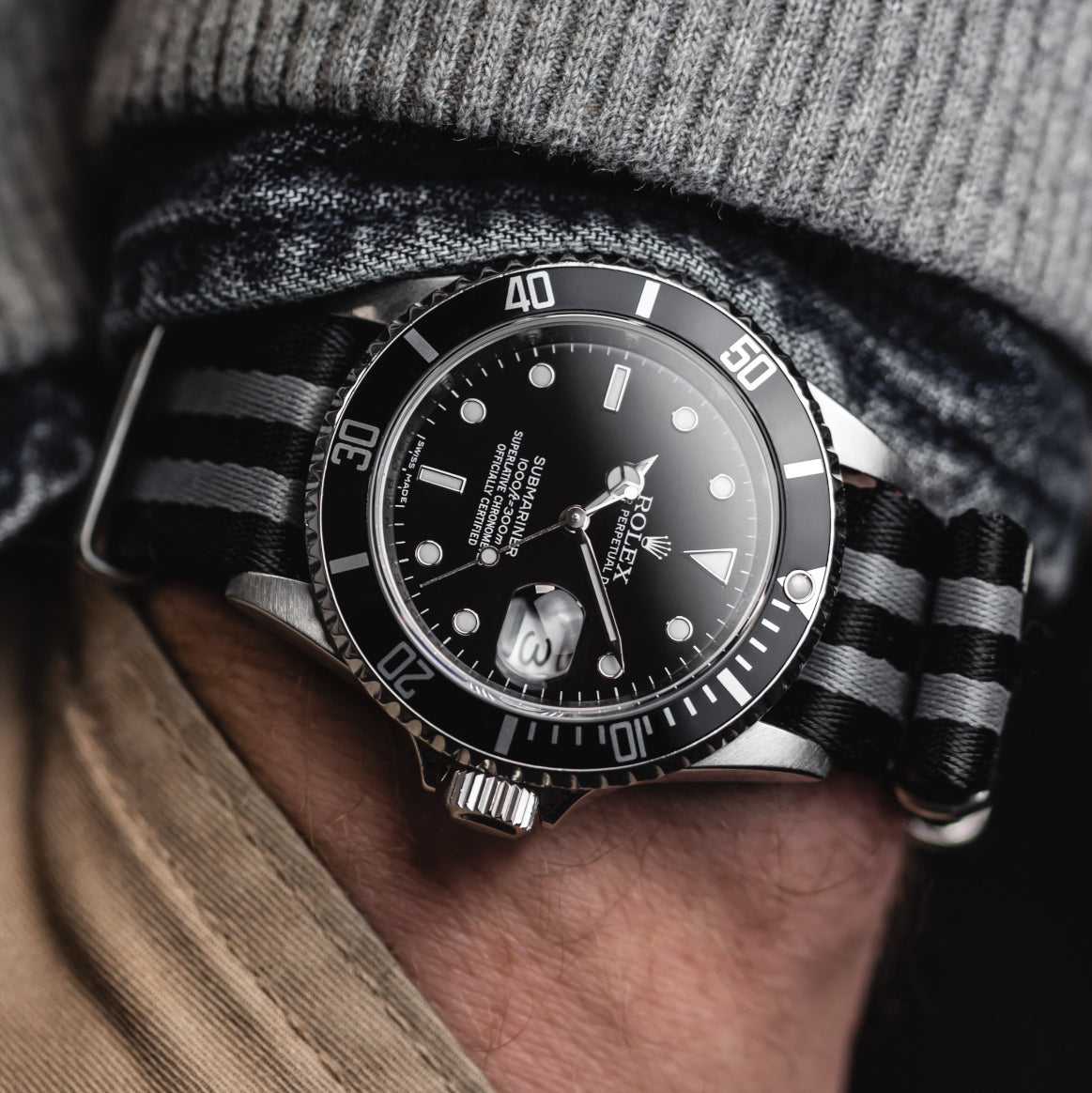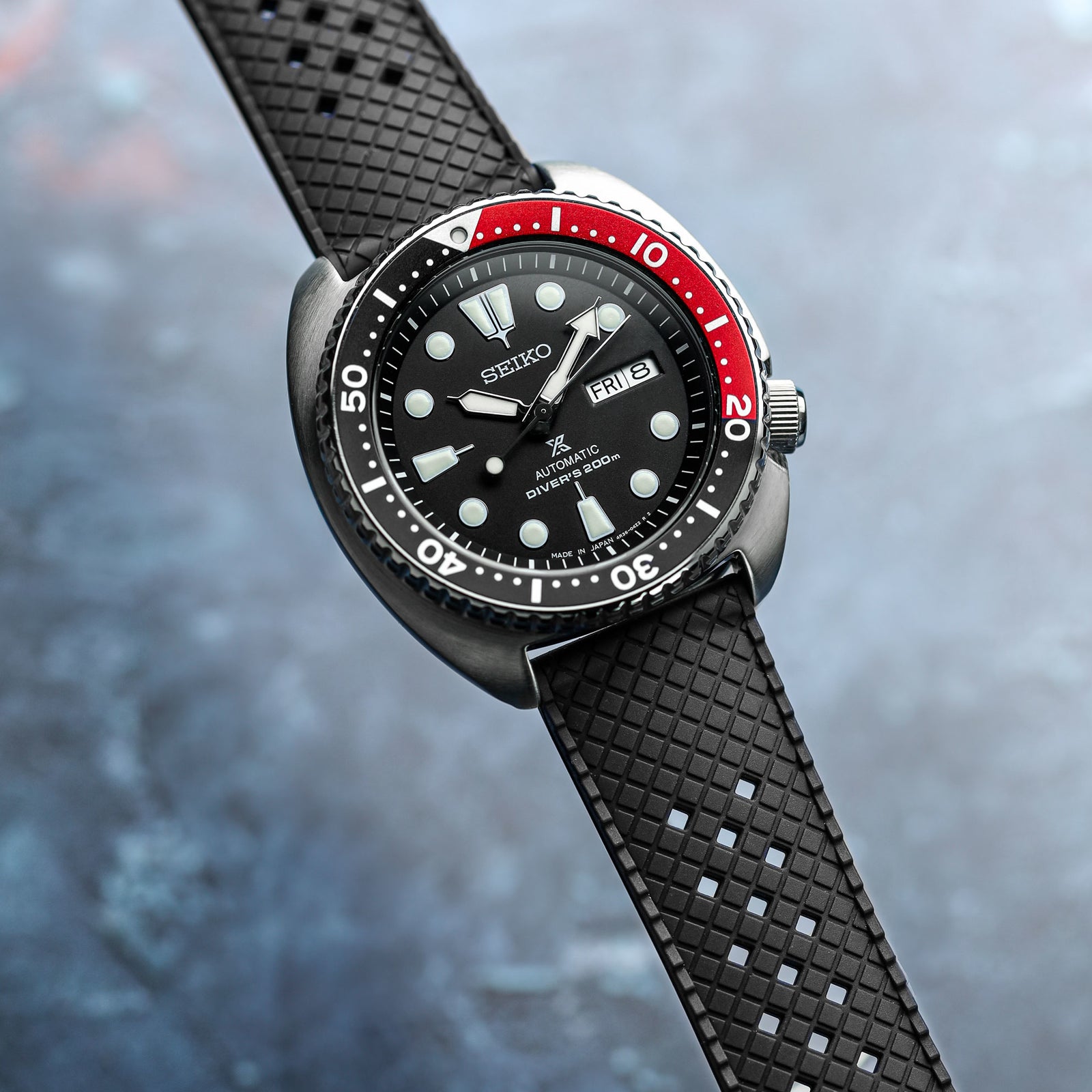Your Cart is Empty
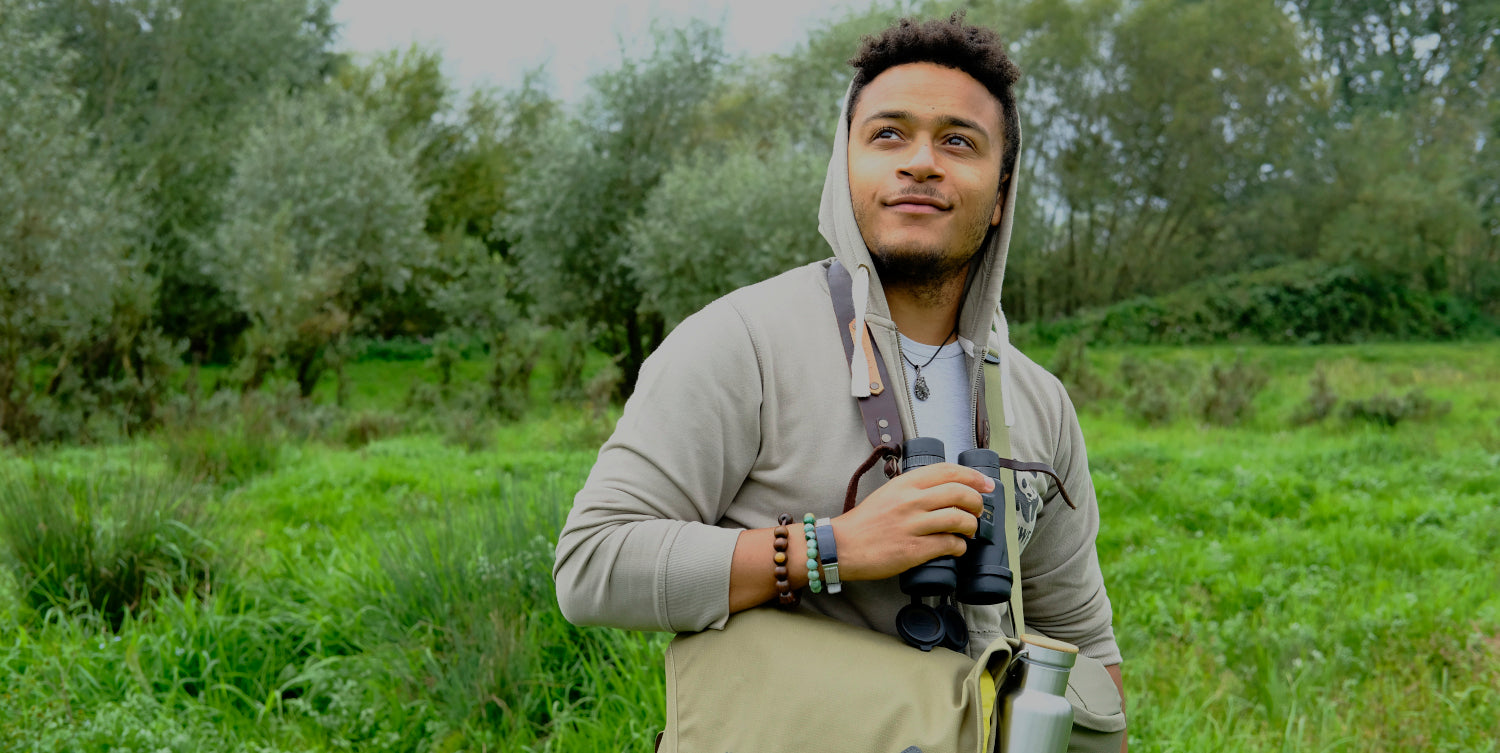
What is the role of a conservation biologist? Tolga Aktas sheds light.
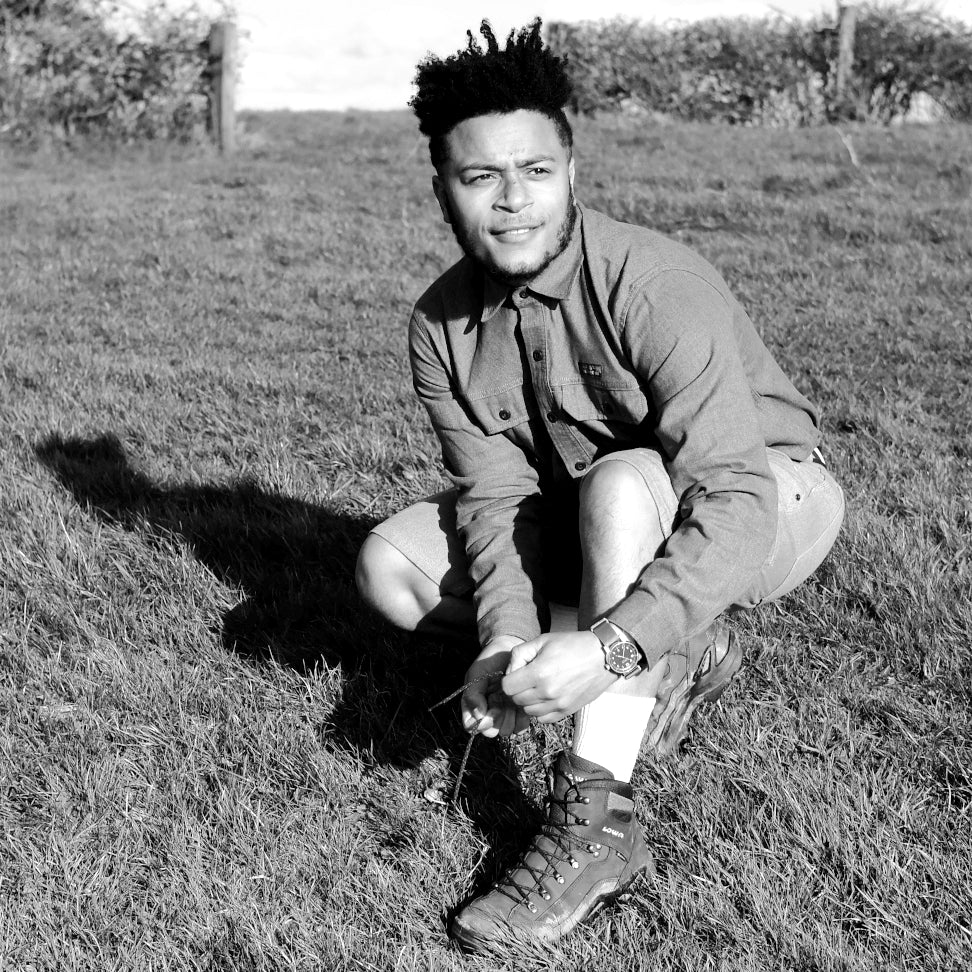
Categories
April 09, 2021
Before we start, why don’t you tell us a little about who you are and what you do?
My name is Tolga Aktas, and I am a conservation biologist, writer, and environmental photojournalist from the UK. I was born in London, but spent the majority of my upbringing in Northern Cyprus. It is here where I developed my fascination for the natural world; and this love for wild things has travelled with me ever since. The main focus of my work is to connect people to nature. Whether that is through my photography, journalism or through the other writing that I do in the background with high hopes of getting it all published. Storytelling is a powerful tool and when applied correctly – we can ultimately do a lot of great things with it to change minds, and ultimately the world!

For those who might not know, what actually is a Conservation Biologist?
The role of a conservation biologist may differ with individuals and locations. However, in the end it all leads to one role in the end: having a concern for the protection and sustainability of our natural world. Whether it is protecting threatened and endangered species of wildlife or preserving last remaining wilderness areas – it becomes our goal to be concerned with it and we work tirelessly to protect it all!

What does a normal working day in the life of a Conservation Biologist look like?
Once again that all depends on the individual, location and the type of job opportunity an individual has available to them. For example, a conservation biologist like myself is fairly limited to what one can do here in the UK, opposed to one that operates in the Savanna areas of South Africa, or any of the National Parks in North America. For me personally, a normal working day for me is a balance between connecting people to nature through my writing on Ways of the Natural World or other online outlets, discussing book proposals with publishing agents, researching current global wildlife conservation and environmental issues, and working part-time somewhere to earn my adventure money to help document some of these issues further afield on-the-ground when travel restrictions allow it. No two days are the same and that is what I love about it all!
Talk to us about how you ended up being a Conservation Biologist, is this a lifelong passion of yours?
My parents are both from overseas countries, so I am pretty sure that helped influence some of it. My mother is from a country town called Clarendon in Jamaica, and my father is from a little village in Northern Cyprus called Cihangir. From the moment I was born, we have been travelling to and from Northern Cyprus; I actually spent most of my childhood there during the school summer holidays where us little kids had 6 long weeks off (remember those?). There were some occasions in-between the years where we travelled to Jamaica too. I believe having the exposure to different environments, wildlife, and nature helped guide me on this wild path which I call my life. If you were to ask my mother what I was like as a kid, she would tell you that I was always catching geckos in coffee jars, chasing after little owls flying overhead me and landing onto olive trees, herding sheep or anything else relating to such wild things. As far as I know I have always loved the natural world, and I was probably destined to be doing all that I am now. However, my path hasn’t been straight forward, and this podcast episode I recorded for The Outdoors Fix Podcast will best illustrate how my journey has been!

Who were some of your early inspirations that helped shape you which lead you to follow this career path?
This will probably sound new to people, but it was my father’s brother (one my Turkish uncle’s) from Northern Cyprus who works as a farm clerk. Ever since I was a child and we were travelling back and forth to the country, I was always travelling into the fields with him where he took his sheep and goats to graze whichever vegetation was available. I am not sure why I was so interested in doing this, but perhaps the natural world around me and the animals and their different ranges of behaviour caught my attention early on. These experiences every year from being a toddler upwards, to watching numerous wildlife documentaries from the Late Steve Irwin and Sir David Attenborough have been my biggest sources of early inspiration. Nowadays, I am always inspired by the people I meet from the continuously growing community of people who are dedicated to protecting our natural world, environment, and overall, the whole planet!

What drives this passion of yours? What is the reason you get out of bed every day to do what you do?
I would call it a passion yes, but when you have the opportunity to study many elements of the natural world and understand how things work – doing what I do becomes a necessity! Waking up daily nowadays is always another opportunity to learn something new about the natural world, and share that with others. There is so much to learn, and there is also so much to do to help restore the balance from a planet that has been hit heavily ever since our species started walking all across the Earth. That alone is enough to inspire me every day and giving me a purpose in life. The opportunity to live among all of the living things we have here on this planet, and protect it all is a good life lived!

Do you think there is enough attention and understanding of conservation within the general public?
There is enough attention and understanding of conservation indeed and it is readily available for us all to obtain. However, it all depends on the accessibility of such resources, and it all depends too on the willingness of each individual and their desire to want to understand. Only then will members of the general public truly understand whether there is enough attention to such causes. In our modern day, we have many distractions in our lives such as technology, work lives, relationships, and family relations – sometimes these contributing factors make it rather difficult to acknowledge the attention and understanding of anything to do with the natural world, let alone conservation. We are very fortunate though that there are many amazing organisations and individuals which are helping to create awareness about all aspects of conservation and environmental issues that surround our planet on a daily basis!
What do you think is something that is massively overlooked and not talked about enough in conservation today? What deserves more attention?
I think there is a huge issue with how the conservation sector is represented on the whole. To be more specific to what I mean here, there is a huge problem with the job opportunities available for people that want to be in this field (especially the younger generation and graduates looking for work after their studies). If the global Coronavirus pandemic taught us anything, there hasn’t been a more important time for us to truly understand the Ways of the Natural World. We need more people out there to on-the-ground to help understand the ecology and biodiversity of different environments, tackle diseases and other potential health risks before they become dangerous outbreaks, and simply provide opportunities to pupils that have worked tirelessly to make a difference. There are numerous amounts of overqualified individuals out there that are able to make a difference, but because there isn’t enough work available – it truly makes it difficult for people to actually apply their well-earned skills to conservation efforts and other areas in STEM (Science, Technology, Engineering, and Mathematics). All of these elements/fields play a fundamental role to conservation, we just need more opportunities for people who have degrees and skills in these fields to have the chance to work and to be rightfully paid for their time, passion, dedication and expertise too!

How does writing and photography come into your career?
These are simply tools which help me communicate and share topics that mean a lot to me to a wider audience. Writing is great and it helps create important narratives which surround topics that I cover in conservation. Photography helps enforce what I do and enables people in my audience to picture what the words are trying to say. Not everybody comes from scientific backgrounds or understand some of the many issues that are occurring in our natural world. However, if you figure out how to merge the two together and share it to people which is easy to digest; it can possibly help you create awareness on topics to do with wildlife conservation or any of the environmental issues impacting Earth i.e., climate change.

Obviously being a photographer and travelling the world requires you to have dependable gear and tools around you, what is your camera set up and why did you decide to go with that?
I brought my first camera back in 2009 when I was working as an apprentice engineer at Harrods. I didn’t understand photography much back then and purchased an entry-level Canon 1100D camera. It served well for many years until I recently purchased a Fujifilm X-Pro 2 and a 35mm lens to accompany it. I love the minimalism it provides me with having less kit, and it truly allows me to become a better photographer having less. You truly are able to think about what you want to photograph, and this allows you to be creative. I wish this was the camera I had with me when I was travelling around Northern Cyprus, Jamaica, South Africa, Borneo, Scotland, and Sweden a couple years ago. This camera set-up is doing the job brilliantly for now, but I think when I can one day, I’d love to experience the Leica brand of cameras and purchase one of their unique M models!

Of course, another vital piece of gear for you has to be a watch, right? Could you talk to us a little bit about the watch (or watches) you wear when out in the field?
Defiantly a vital piece of gear. I do love a good watch! For the majority of my fieldwork activities, I have been sporting a Casio PRW Protrek 6000Y with a carbon fibre strap. It’s ability to source its battery power from direct sunlight, and its robustness has helped me significantly in the field without having to worry about it. Whether I am near the mouth of a Lion, African wild dog, and Cheetah while placing a radio collar on them (during sedation of course), getting various forms of knocks etc – this watch has been a life saver! Nowadays, I switch between my Protrek watch and my Marloe Watch Company – Haskell Field Standard watch. I am all for British Design x Swiss Made watches, and I love what Marloe has done with this watch!
What are some of the important features of a watch you look for?
I always look for a watch that has the right amount of robustness for my kind of work I do. Whether it is a good sapphire crystal for the watch face, a good amount of lume for nocturnal use, 100m water resistance (just in case the unexpected occurred), quickset date and time complications, and overall good materials that help reassure me that the watch I built to last! Watch straps are a great way of sticking with just one watch you love and simply changing the look and feel of it extremely easily.

What are some of your favourite watch strap types?
I totally agree with you and that is exactly what I am doing with my Haskell Field Standard watch. I have a mixture of your Zululand straps actually: Swiss Style ZULUDIVER Military Nylon Watch Strap in , Cordura Water-Repellent Watch Strap , and SEAQUAL Upcycled Fabric QR ZULUDIVER Watch Strap . All of these watch straps compliment my watch highly and actually enhances its sentimental value to me. Thanks, ZULUDIVER!
As we’re talking about watches and watch straps, what is on your wrist at the time of writing?
I am actually wearing my Haskell with the Swiss Style ZULUDIVER Military Nylon Watch Strap in on most days. It is really soft and feels durable, it is my favourite out of the bunch! The others will be worn mainly on occasions such as formal events that I have lined up in the foreseeable future!

In recent years we’ve seen an increase in the accessibility of sustainable products from bottles, clothing, gear and even watch straps. What are some of your favourite sustainable products you use and why?
I try my best to ensure that most of my gear are from sustainable sources or at least didn’t come from huge distances to get to my doorstep. Obviously, that is sometimes hard to achieve, but I try my best to apply these principles when I can. At the moment, my favourite sustainable products are backpacks from Millican and Groundtruth, and even getting sustainable watch straps from you guys at ZULUDIVER such as the Cordura Water-Repellent Watch Strap , and SEAQUAL Upcycled Fabric QR ZULUDIVER Watch Strap . Most of my gear nowadays, the brand companies such as Patagonia and Fjallraven, and those mentioned above really align to my values with protecting the planet; and I truly do not mind paying the extra price for their products if the footprint is low and their stuff is built to last.
Obviously, conservation of our planet requires a joint effort from everyone at the top including governments and big organisations, right down to national businesses, local communities and individuals - could you share a few examples at all levels of people doing great work to be conscious of their impact on the world? Patagonia is one that comes to mind for me, right?
Certainly! I guess at the end of the day we just have to come to the conclusion that every day we are damaging the Earth in some shape or form. It is the reality of the planet being heavily influenced by our individual and collective footprints. The trick is for us all to acknowledge this and figure out the many ways for us to make a positive difference. Whether it is changing the way we do certain things, becoming more conscious of where our products and food is coming from, championing for our natural world, supporting local businesses, supporting small-scale and fair-trade farmers, donating old clothes or even repurposing them to limit waste etc. There are literally so many different scenarios which all of us can be doing as individuals, families, consumers, organisations, businesses, schools etc – we just have to want to do to it and realise that we also need to do it to continue surviving here on our planet!

What is the end goal for you? What do you think needs to happen for you to be able to say ‘mission complete’? Or will this never happen?
For me personally, every day I am getting contacted by people saying that I have inspired them in some shape or form with what I do. I know I am only one person, but this gives me hope that everybody out who is advocating for the preservation of the natural world is sowing seeds into people’s hearts and minds. It takes time, but slowly more and more people nowadays are showing interest and a connection to the natural world. My end goal is to see the whole world become a sustainable place where everybody is concerned about how we live and are working continuously on the ways to protect the Ways of the Natural World!
For those out there reading this, what is something simple they can do today to become more engaged in protecting environments both on our doorstep and around the globe?
There is nothing more important than doing the research to find out what is actually going wrong, and what can be done to fix these issues. There is a lot of noise nowadays with how information is being shared through the media. A simple thing and the most important thing to do is know your sources, research the topics being spoken about by professionals, seek advice and join a community of like-minded individuals out there that are working on the many ways to help protect wildlife and wild spaces nationally and internationally.

Thank you so much for your time today Tolga, it’s been a pleasure hearing more about who you are, your journey and of course the brilliant work you do. Where can people find out more about yourself?
Thank you so much for having me and allowing me to share this all with you! People can find out more about me, and the work I do by connecting on the following social media platforms below. Journey with me by connecting to either:
Website: Ways of the Natural World
Instagram: @tolga_aktas1
Twitter: @tolgaaktas_
YouTube: Tolga Aktas TV

About the Author: Tolga Aktas
About the Author: Tolga Aktas
Tolga Aktas is a conservation biologist who has dedicated his career to studying and protecting wildlife and natural habitats. With a deep passion for nature and the environment, he has conducted research and conservation projects in various parts of the world, including South America, Africa, and Asia. Through his work, Tolga Aktas seeks to promote a deeper understanding of the interconnectedness of ecosystems and the need for conservation efforts to protect the planet's biodiversity. Tolga Aktas continues to inspire others to take action to protect the natural world and ensure a sustainable future for generations to come.
More Articles by Tolga Aktas





